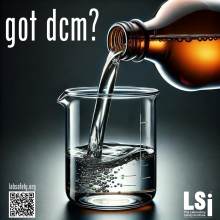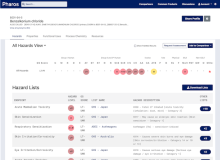OSHA 10-Hour Course with a Lab Safety Focus
This specialized OSHA 10-Hour Course from the Laboratory Safety Institute focuses on promoting lab safety and ensuring compliance with OSHA standards, specifically tailored to laboratory environments. It emphasizes safety practices to mitigate risks associated with working in a lab, such as chemical handling, hazardous materials, and biological agents, while providing foundational OSHA training.








